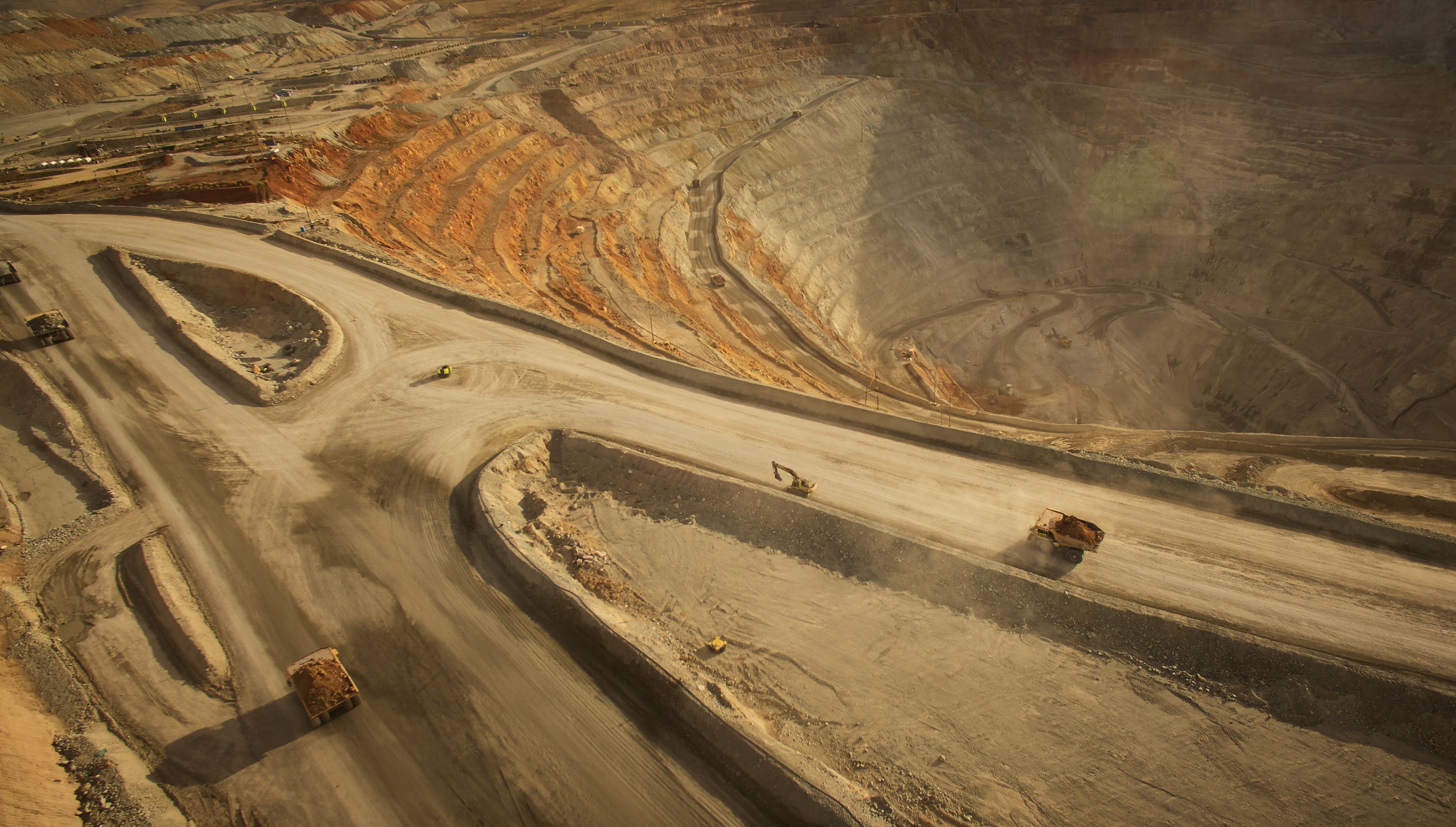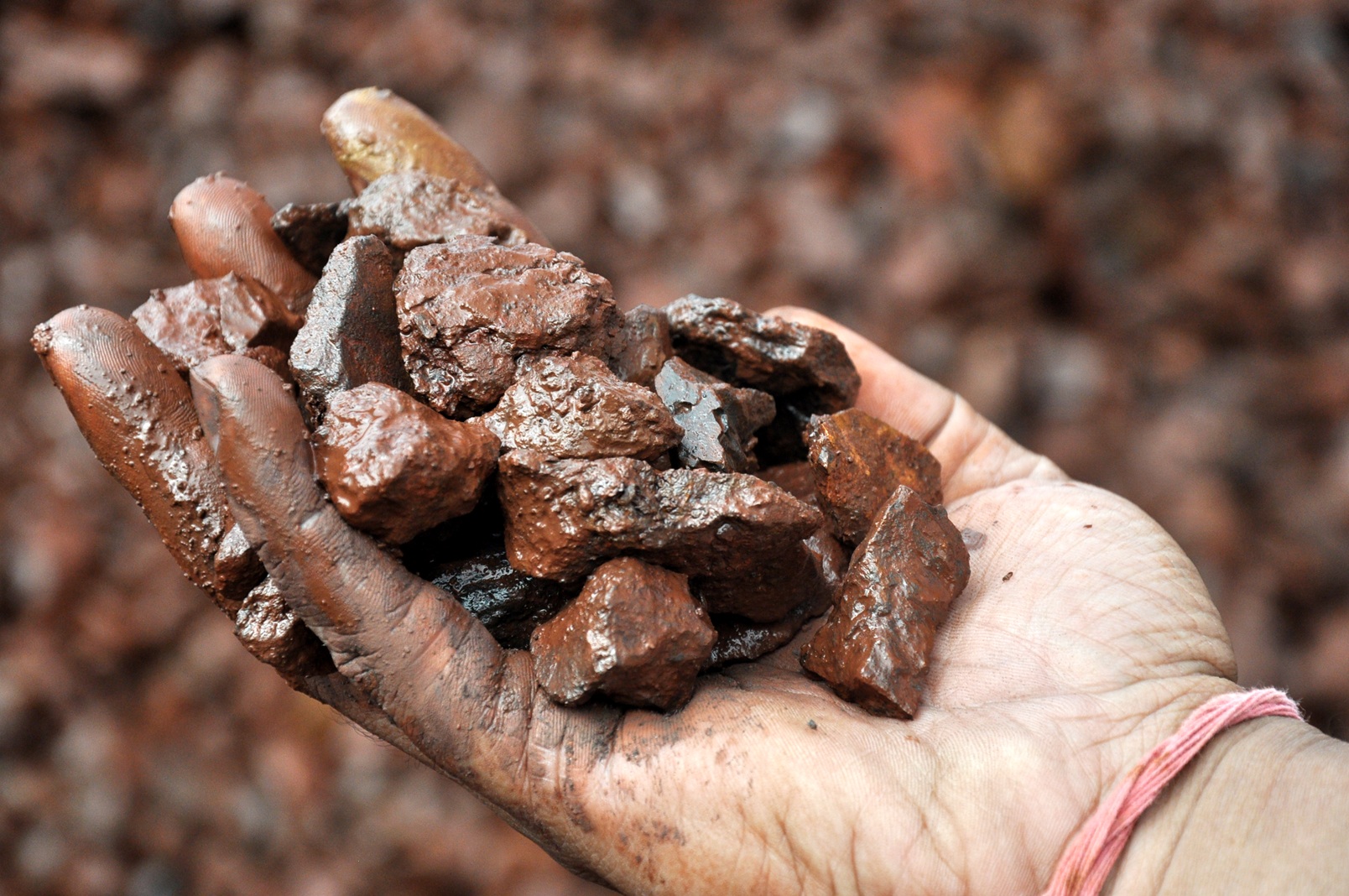
State of the World’s Indigenous Peoples - Climate Crisis Report
May 28, 2025
Climate change and its effects are disproportionately experienced by Indigenous Peoples around the world. Working with Indigenous Communities to manage these impacts is only half the issue. The other half is about the effect of climate change on the erosion of recognition of their rights and removal of avenues for self-determined economic development.
The 2025 State of the World’s Indigenous Peoples - Climate Crisis Report has been released by the United Nations. It details, in stark relief, the impact of climate change on Indigenous Peoples’ rights, particularly that:
- Renewable energy initiatives often violate Indigenous Peoples’ human rights.
- Deep sea mining, dams, and other large infrastructure projects can displace Indigenous Peoples from their lands and territories and have other detrimental impacts.
- Solar panels and wind turbines create toxic environmental land, water, and air pollution when disposed of, and there are profound negative consequences from nuclear energy and geoengineering.
We already know that First Nations communities are disproportionately affected by climate change. Rising sea and temperature levels, and changing weather patterns are impacting communities in devastating ways, often resulting in dispossession and loss of cultural connectivity.
Much of the legislation and regulation established to address the most extreme manifestations of climate change is passed in desperation. In many ways, the rights of First Nations peoples are an afterthought – acknowledged after many other things are first considered. This can be seen in the Australian offshore exploration regime where consultation with Traditional Owners is at the same level as recreational fishers.
The report notes that for First Nations communities, these ‘concerns signal the potentially devastating impacts not only of climate change itself (given their direct dependence on their ancestral territories and a healthy environment for their subsistence, survival, culture and identity), but also of climate change adaptation and mitigation actions that do not benefit them and are being undertaken without their participation or free, prior and informed consent.’
In 2023, the United Nations Permanent Forum on Indigenous Issues emphasised that the principle of free, prior and informed consent (FPIC) must be observed in all climate change policy processes and initiatives. Such integration of the United Nations Declaration on the Rights of Indigenous Peoples (UNDRIP) principles, also requires particular consideration of Article 18. The requirement here, that Indigenous Peoples can participate in decision-making though ‘representatives chosen by themselves in accordance with their own procedures’, is critical.
In the Australian legal context, recognition of Traditional Owner rights to country and culture is made through the Native Title Act 1993 federally and some additional recognition at some jurisdictional levels. Working with these Traditional Owner Representative Institutions (TORIs), including Prescribed Bodies Corporate (PBCs) is the way to achieve FPIC.
The Report draws damning conclusions as to both the impact of climate change on First Nations communities and the way its management by governments impacts their rights. One recommendation coming from the report is that:
‘The United Nations Permanent Forum on Indigenous Issues should recommend the drafting of a manual (potentially with a training component) for Governments, development organizations, environmental NGOs, Indigenous Peoples’ organizations, and other relevant actors on how to ensure that Indigenous rights and interests are effectively factored into climate programmes and projects.’
The newly launched Mabo Centre at the University of Melbourne is in a central position to positively contribute an Australian perspective to such a project. Part of the Mabo Centre’s work is to activate the economic and decision-making rights of Traditional Owners through research and policy development.
The impact of climate change and policy response significantly impacts on Australian and Torres Strait Islander Traditional Owners. From rising sea levels overcoming cultural heritage sites to Country becoming too hot to be lived upon. It is essential that Australian perspectives contribute to the ongoing recognition of First Nations Peoples rights in the climate change discussion at the UN and jurisdictional levels.
Photo credit: Phil Kabuje/UNDP
More Insights

Is it time to talk about Voluntary Industry Standards Schemes?
Is it time to talk about Voluntary Industry Standards Schemes?


